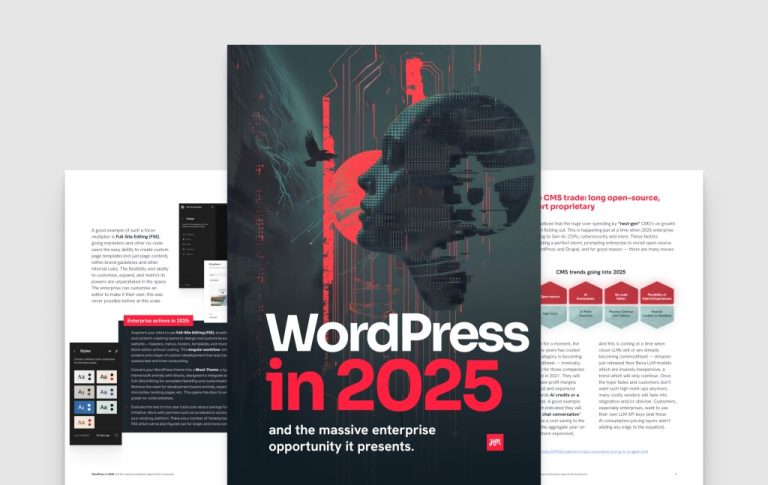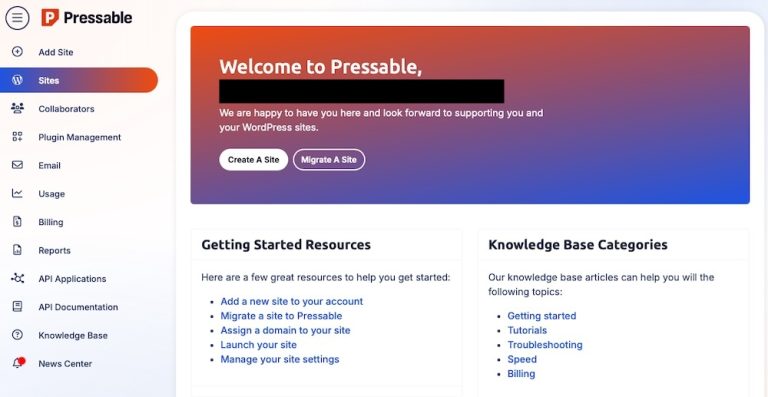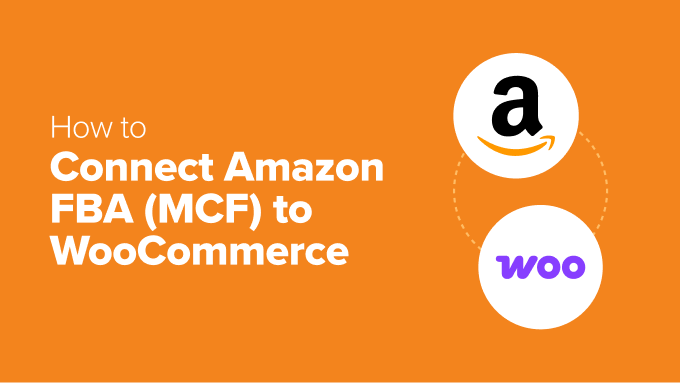Most ecommerce platforms bundle costs you can’t control
For midmarket and enterprise businesses, managing the costs of hosting and technical capabilities strategically is crucial for sustained growth. The flexibility to scale your technology stack to align with your business phase provides a significant advantage in controlling long-term expenses.
The appeal of open source software is its inherent flexibility. Being an open-source ecommerce platform, WooCommerce allows you to select every feature and component of your store, enabling you to align your costs with your business needs.
WooCommerce empowers you to create your ideal commerce experience, choose only the features you desire, negotiate prices with third parties, and adapt as you grow.
Enterprise businesses opt for WooCommerce to control costs and performance without compromising either. This is the open-source cost advantage: open source ecommerce offers superior flexibility and a better long-term total cost of ownership (TCO).
Despite this, many midmarket and enterprise merchants find themselves trapped in the rigid pricing structures of closed SaaS platforms, overpaying for bundled features they don’t need or dealing with underperforming infrastructure that stifles growth.
Rigid SaaS subscription tiers inhibit scalability
Your hosting setup is crucial for your site’s ability to scale. On a SaaS ecommerce platform, hosting is part of your monthly platform fees, but it remains a black box.
While an all-in-one plan might seem convenient, it forces you to use the hosting plan the SaaS company offers, even if its features, performance, or security don’t meet your needs.
A SaaS platform may include hosting, but it’s a black box. You pay a premium for infrastructure you can’t inspect, control, or optimize.
Since SaaS platforms lock you into fixed pricing tiers, when your hosting needs an update as your business grows, you’ll have to upgrade your entire plan instead of optimizing your current setup. Scaling up your plan can cost hundreds or thousands more per month.
Hosting is more than just where your site resides — it’s a critical element of your site’s performance, security, and customer conversion. Unlike SaaS platforms that dictate your infrastructure choices, open-source solutions like WooCommerce grant you full autonomy over your hosting environment, including:
- Object caching
- CDN provider
- PHP workers or autoscaling containers
- Infrastructure-as-code for deployments
- Performance monitoring
This autonomy allows you to optimize costs based on your specific business patterns rather than generic pricing tiers or over-investing in unnecessary capabilities. This control is especially valuable when considering the unique demands of high-revenue ecommerce operations.
For enterprise merchants, growth brings operational complexity and is rarely linear; they experience seasonal peaks, promotional surges, and market expansion phases requiring different resource allocations. But that doesn’t mean TCO must increase with growth. When you own your hosting decisions, you control a key lever of your ecommerce cost structure.
Adapt hosting to seasonal or regional traffic patterns
For instance, your Black Friday traffic might be ten times greater than your baseline, or you may want to deploy a geographically-distributed infrastructure only where you’re actively expanding.
An enterprise SaaS platform would require you to pay for an upgraded plan to accommodate peak selling season spikes or pay for global expansion before you need it, adding year-round recurring costs that may not be justified.
Architect your stack for performance and scalability
Enterprise ecommerce sites demand infrastructure that can keep up with growth without becoming a liability. Open source allows you to architect a stack that aligns with your unique performance needs and business objectives.
Advanced caching, autoscaling capabilities, edge delivery, and a global CDN can all be customized to requirements when choosing a hosting provider. This flexibility means you’re not limited to a one-size-fits-all environment or locked into a provider’s proprietary setup.
Other aspects of a flexible tech stack might include:
- Dedicated resources or advanced monitoring for peak traffic periods.
- Deploying containerized environments for faster rollbacks and updates.
- Choice of performance monitoring tools and options.
WooCommerce is infrastructure-agnostic by design, providing the freedom to optimize your performance layer from the database to the edge. Paired with enterprise-optimized hosts like Pressable, WooCommerce becomes a high-performance engine tailored to your operations.






